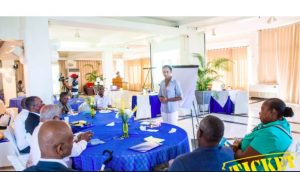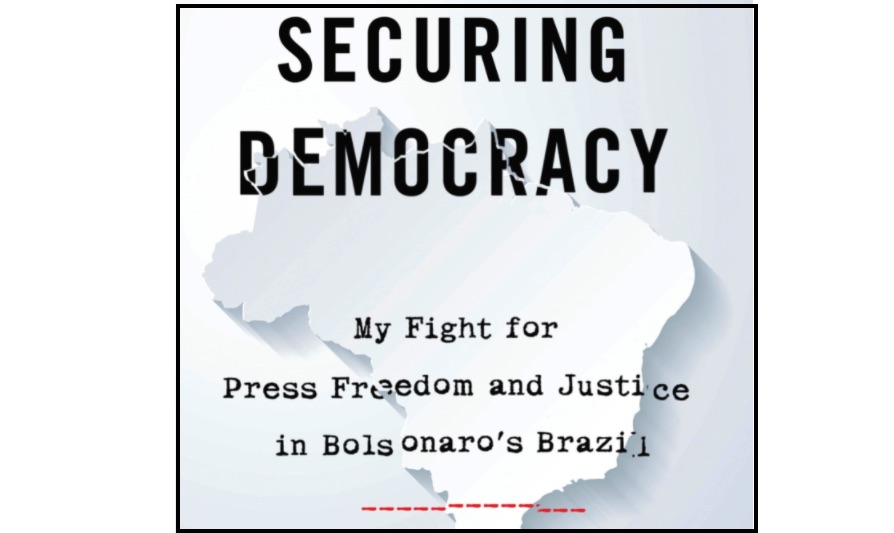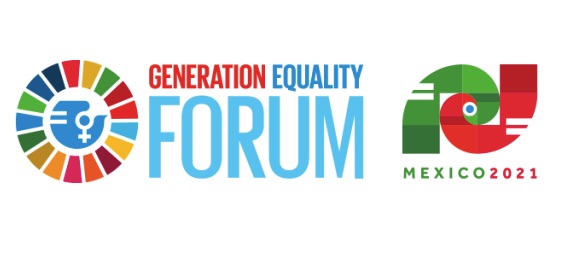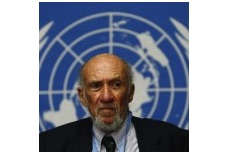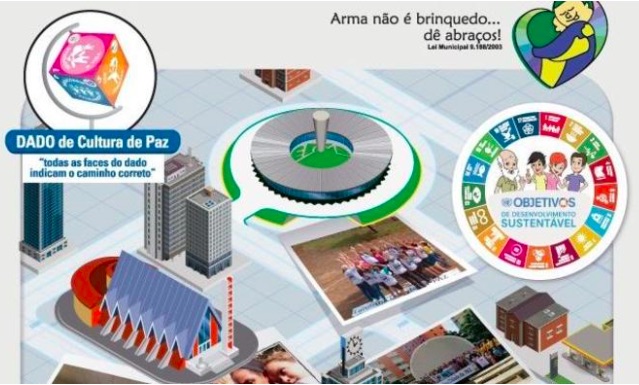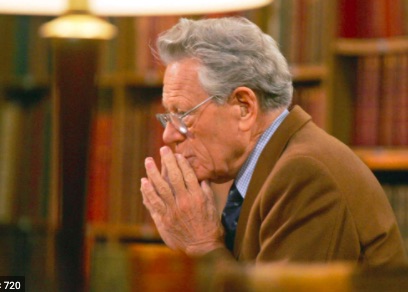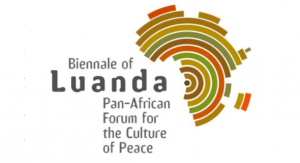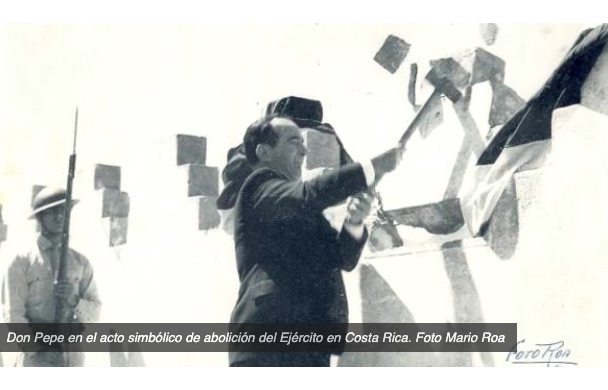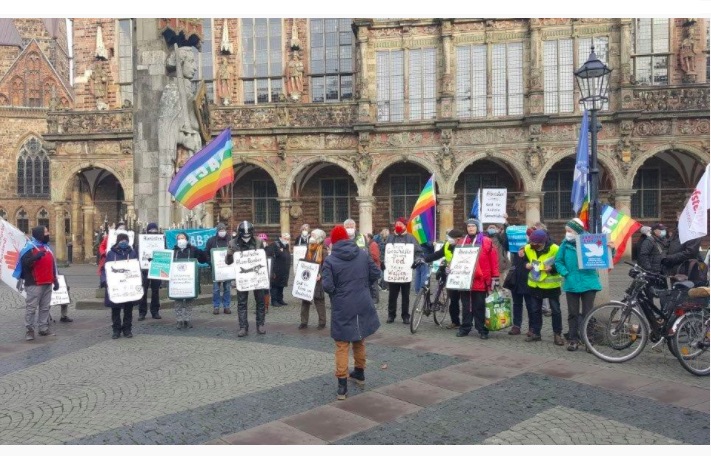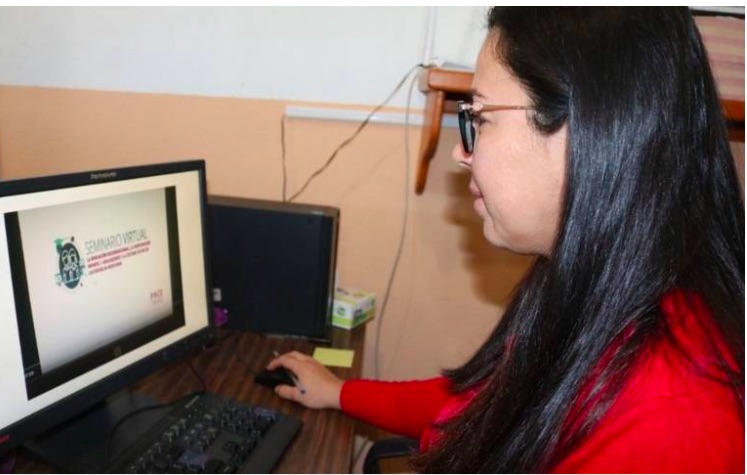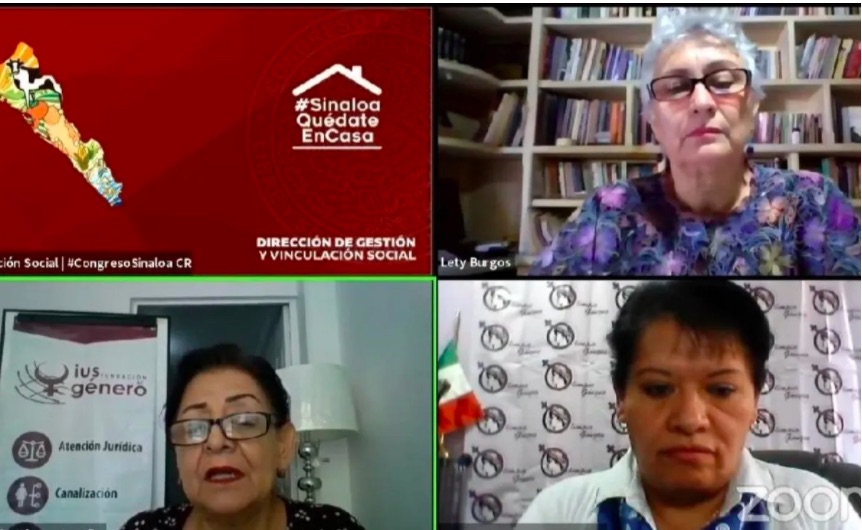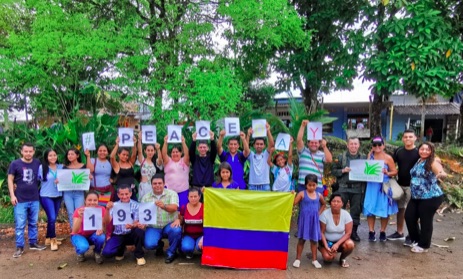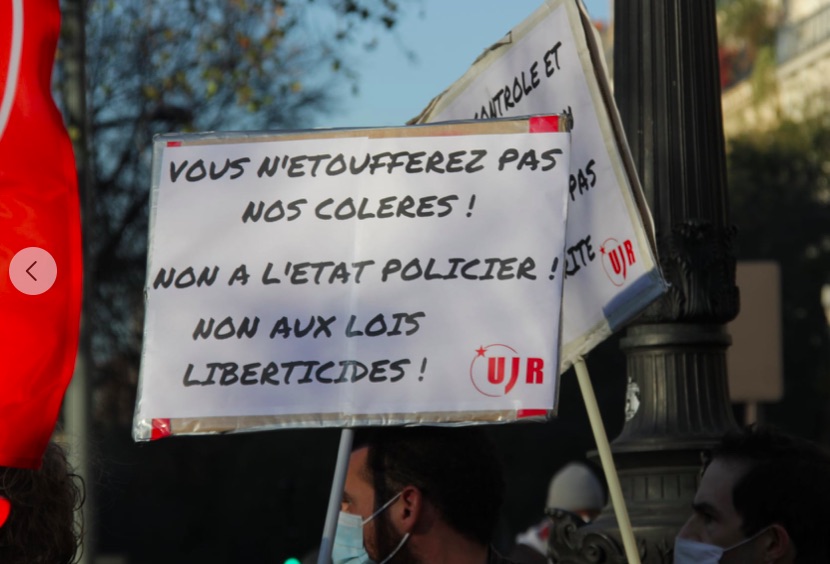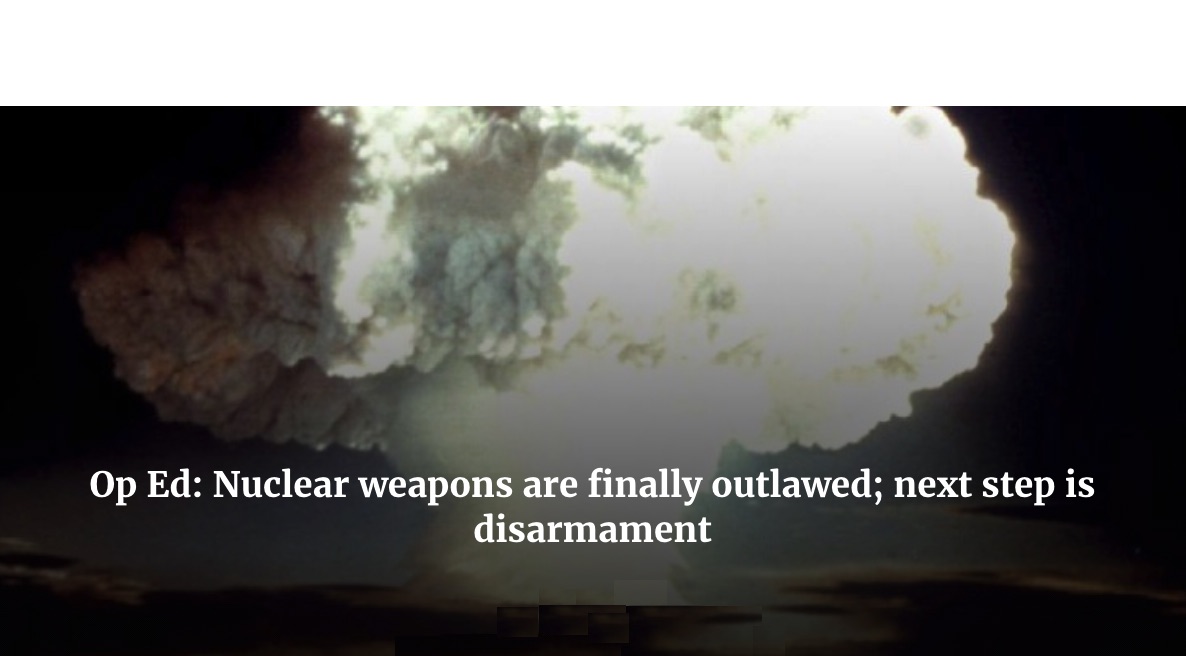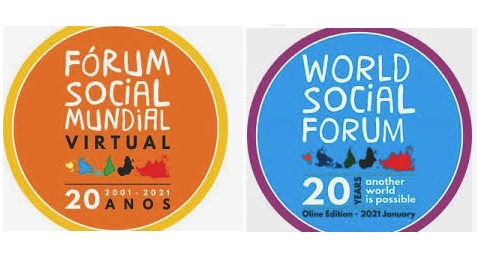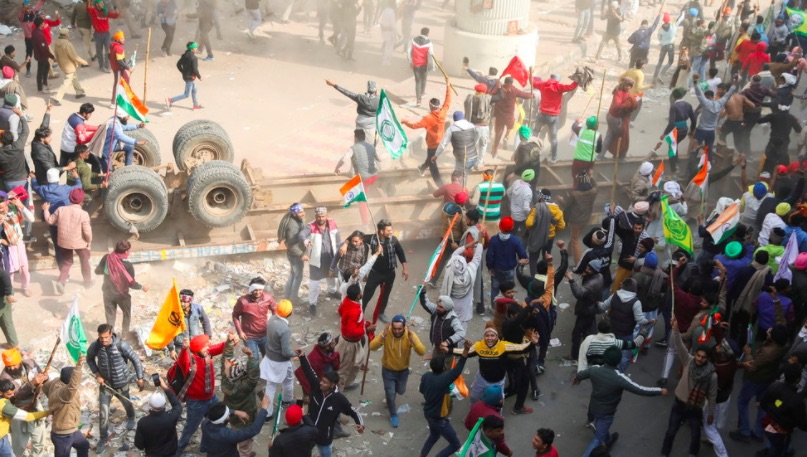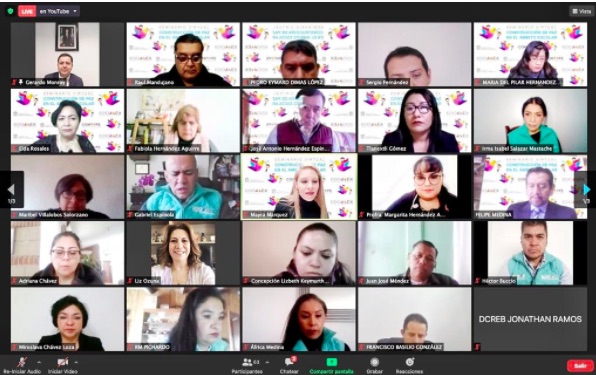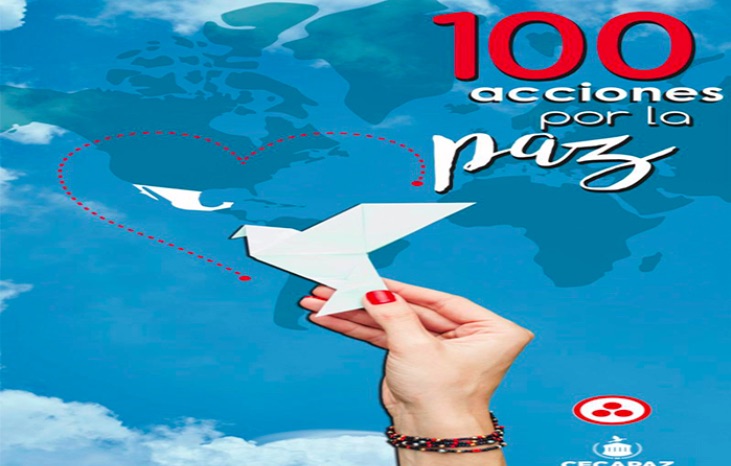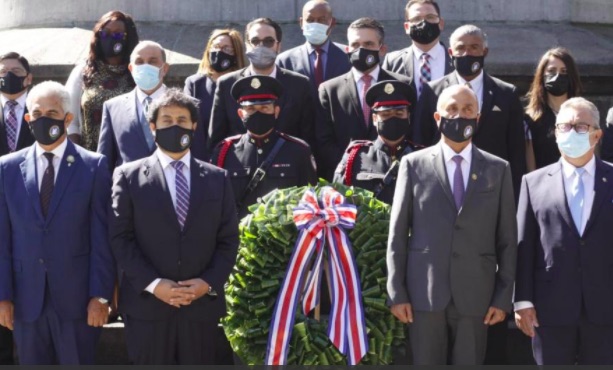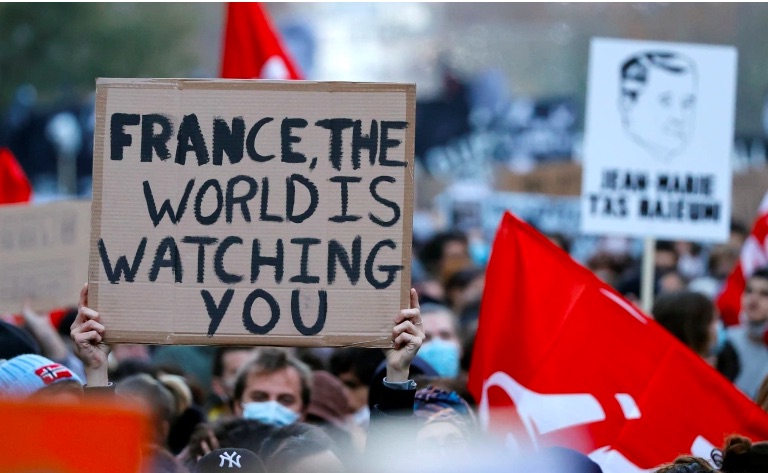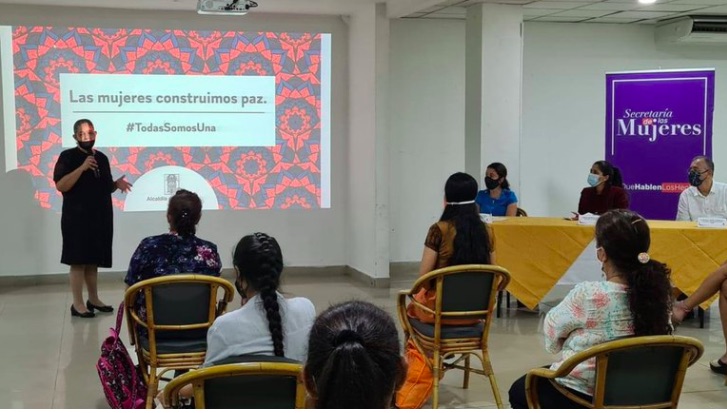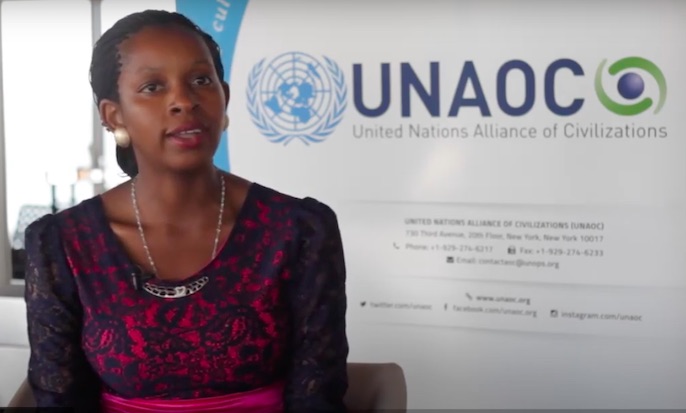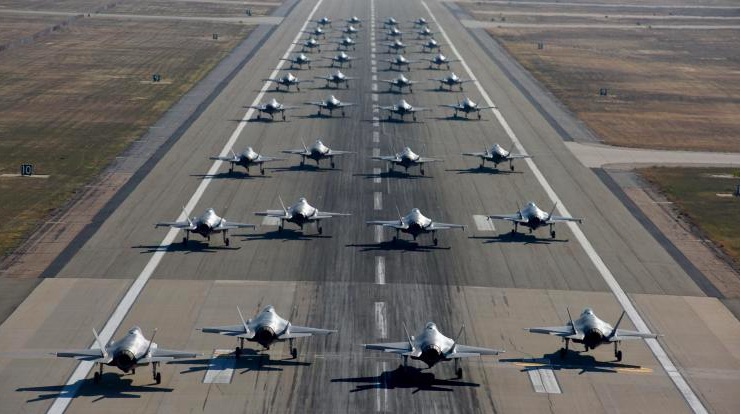FREE FLOW OF INFORMATION
Here are events and application deadlines in April that were previously listed on the CPNN page for upcoming virtual events. Where possible links are provided to recordings of the events. Unless otherwise noted the events are in English.

April 7, 7:00-8:30 pm Eastern Standard Time
China, U.S. and the Risk of Nuclear War
This webinar, sponsored by the Committee for a SANE U.S.-China Policy and Western Massachusetts Back from the Brink, will examine the dangers of a nuclear war erupting between the U.S. and China, and consider strategies for preventing this. The webinar is open to the public and registration is free.
— To register, click here
April 7, 2021, 1:00-2:30 PM Eastern Standard Time
Sustaining Peace Forum: Peace is Always Local
Sponsored by the Network for Education and Research on Peace and Sustainability along with a number of co-cponsors
— We will explore local-led peace efforts to show that they are at the center, not the periphery, of effective peace building. The panelists will also call for radical changes in how international actors understand and engage these key stakeholders. This dialogue aims to make the case that we can no longer operate under the paradigm in which local actors are “invited to the table.” In fact, local actors are already creating the most important “tables”, in meaningful and powerful ways. This event will include prominent scholar-practitioners who each focus their inquiry on different and complementary aspects of local-led peace efforts.
— Registration
Thursday 8th of April 16:00 Central European Time
Dialogue about “The World after Corona with Jan Øberg”
Watch the lecture now available online with this link. After you watch the lecture join the zoom discussion with the link you get after registering for the event below. Prepare to share your questions to Jan over chat during the zoom event.
— The course is sponsored and organized by The Necessary teacher training College and the students attending the programme. Learn more about us on our website www.dns-tvind.dk
— Zoom registration
April 14, 10-11:30 AM Eastern Standard Time
The role of apology, repentance, and forgiveness in societal transformation
Join the Mary Hoch Center for Reconciliation and Religions for Peace for a panel discussion and learning exchange among experts, including Dr. Eileen Borris, on the role of apology, repentance, and forgiveness in social change movements and transitional justice processes. During this event you will have the opportunity to listen to agents of change from around the world who have been involved in and/or studied political apologies and social repentance efforts. Through this event we hope to learn from global experiences to inform current efforts towards racial justice, transformation, and healing in the United States.
— Register here
April 14, 2021 09:00 AM in Guatemala
How transparent is gender equality funding in Guatemala and where do we go from here?
The Gender Financing Project has mapped national and international funding for gender equality in Guatemala. Our research examines how such information could be made more transparent and useful and offers some recommendations for improved co-ordination and allocation of gender equality funding in Guatemala.
— Join our webinar to learn how the Guatemalan government and international donors are funding gender equality in Guatemala, and where key stakeholders can work together to improve the transparency of this funding.
— We welcome comments and questions from the audience, which can be submitted in advance or during the event via social media and our interactive chat.
— This webinar will have simultaneous interpretation in English and Spanish.
— YouTube recording
Apr 14, 2021 12:30 PM Central European Time
Online Workshop: Education for Sustainable Development (ESD) for 2030 framework and the Berlin Conference: Time to act – Now or Never
Summarizes the learnings from the series of online workshops and highlights the focus areas of the new framework ESD for 2030, as well as its roadmap on the way forward, from UNESCO World Conference on ESD in Berlin, Germany and beyond. The previous sessions addressed the following questions:
* how can ESD learning continue in digital or remote formats?
* how can ESD equip young people with knowledge, skills, values and attitudes to be resilient under challenging situations?
* what are the interlinkages between the health of the planet and people?
* what is the role of ESD for climate action?’ and
* how can ESD promote alternative lifestyles/livelihoods in response to consumerism?
— Zoom registration
April 14, 2021 08:00 PM in Eastern Standard Time (US and Canada)
Asia-Pacific Working Group Webinar: Biden & China – The First 100 Days. Confrontations, Competitions, and Anti-Asian
Our expert panel will assess President Biden’s first 100 days in office, which have been marked by escalating military, economic and diplomatic tensions with China and what this has meant for Asian-Americans.Featured Speakers:
— Christine Hong, Professor, University of California, author of “A Violent Peace: Race, U.S. Militarism, and Cultures of Democratization in Cold War Asia and the Pacific”
— Joseph Gerson, President, Campaign for Peace, Disarmament & Common Security, author of “Empire and the Bomb: How the U.S. Uses Nuclear Weapons to Dominate the World”
— Jake Werner, Boston University, Global Development Policy Center and Co-Founder Critical China Scholars
— Video recording
April 15, 2021 07:00 PM in Eastern Standard Time (US and Canada)
A Tax Day Like No Other: Pressing for our budget priorities amid pandemic, economic and climate crises and new Cold Wars
Organized by: Massachusetts Peace Action, Massachusetts Alliance of HUD Tenants, Campaign for Peace, Disarmament and Common Security, New England War Tax Resistance, American Friends Service Committee – Northeast Region, Maine Peace Action, Peace Action New York State (list in formation)
— For more information: info@masspeaceaction.org, 617-354-2169
— https://zoom.us/meeting/register/tJMrc-qrrjMsEtSzPJ328CaAEu4EczzRg0Qp”>Zoom registration
April 15, 12-1 pm Pacific Standard Time (California)
Nonviolence Skills Practice Hour- April Session
The Metta Center for Nonviolence is teaming up with Meta Peace Team for a monthly one-hour nonviolence skills practice sessions in 2021 with skills ranging across the spectrum of nonviolent intervention and personal nonviolent development.
— Meta Peace Team has trained and placed violence de-escalation peace teams locally, nationally, and internationally for over 25 years, and teaches these skills to anyone interested: They’re just as important in our own day-to-day lives! Their mission is to build a just and sustainable world through active nonviolence.
— The session will begin with a short inspirational reading, a skill review, and then participants will have a chance to practice together.
— You must register ahead of time and be available with video on Zoom for the sessions. (See below)
— This project is part of the Third Harmony Project and the Meta Peace Team “hub” project.
— Register here
Saturday, April 17, 2021 • 2:00 PM Central European Time
Threats of War: Britain’s New Global Role – Conference of Stop the War Coalition
Host Contact Info: office@stopwar.org.uk
— Our government is desperate for Britain to play a global military role. Despite the pandemic, economic crisis and crumbling services, they boosted defence spending in 2020 by the biggest margin in years. They are refusing to withdraw support for the Saudi-led war on Yemen war and are keen to be partner No. 1 in the US push for a new cold war on China.
— Make sure you join us at this conference to discuss what is driving this new round of provocations and how they can be stopped.
— YouTube recording
April 18, 11:00 AM – 1:00 PM Eastern Standard Time (US and Canada)
International Day of Action in Solidarity with Venezuela
In 2015, the World Peace Council called for declaring April 19 the GLOBAL DAY OF ACTION IN SOLIDARITY WITH THE PEOPLE OF VENEZUELA. The date symbolizes the Day of the Declaration of Independence of Venezuela in 1810, which constitutes the beginning of the struggle for independence from Spanish colonialism. Every year, members and friends of the WPC hold solidarity events with the people of Venezuela, and organize protests against the imperialist aggression in dozens of countries, declaring their militant solidarity with the people of Venezuela, for their right to self-determination and independence.
— Zoom Webinar moderated by Bahman Azad, Executive Secretary, U.S. Peace Council
— Bilingual (English and Spanish)
— CLICK HERE TO REGISTER
April 21, 2021 04:00 PM in Kathmandu
How transparent is gender equality funding in Nepal and where do we go from here?
The Gender Financing Project has mapped national and international funding for gender equality in Nepal. Our research examines how such information could be made more transparent and useful and offers some recommendations for improved co-ordination and allocation of gender equality funding in Nepal.
— Join our webinar to learn how the Nepali government and international donors are funding gender equality in Nepal, and where key stakeholders can work together to improve the transparency of this funding.
— We welcome comments and questions from the audience, which can be submitted in advance or during the event via social media and our interactive chat.
— YouTube recording
Fri, April 23, 2021, 2:15 AM – 3:30 AM Central European Time
Women Peacemakers
sponsored by the Kroc Institute for Peace and Justice
— how international peacebuilding organizations can better partner with local women peacebuilders to address the closing spaces and increased insecurity women are currently facing when working to end cycles of violence.
— During this Kroc School signature event, you’ll hear more about these efforts, plus:
— Real stories about what it’s like being a woman peacebuilder in the Covid era
— Insights about the challenges and opportunities of being on the front lines and in the back rooms of shaping more peaceful societies
Ideas for how we can bring more equity, justice, and compassion to our communities.
— Click here to register
Saturday, 24 Apr 2021, 5:00 pm – 7:00 pm (Central European Time)
Youth Summit Against NATO
The future of the North Atlantic Treaty Organization (NATO) depends on young people. NATO Secretary-General, Jens Stoltenberg, said that ”young people have the greatest stake in NATO’s future” during the NATO 2030 Youth Summit held in November last year. The new agenda of the transatlantic alliance called “NATO 2030” seeks to indoctrinate younger generations into the false narrative of militarized security that the alliance has promoted for decades. The first Youth Summit Against NATO will gather young leaders from the peace movement to share their thoughts about resisting NATO and the implications this nuclear-armed alliance will have for their future.
–> Speakers:
Angelo Cardona, International Peace Bureau, Advisory Board World Beyond War (Colombia).
Dirk Hoogenkamp, NVMP-Artsen voor Vrede, European student representative to the International Physicians for the Prevention of Nuclear War (IPPNW) (Netherlands).
Lucy Tiller, Youth and Student, Campaign for Nuclear Disarmament (UK)
Lucas Wirl, Co-Chair, No to War-No to NATO (Germany).
Vanessa Lanteigne, National Coordinator, Canadian Voice of Women for Peace (Canada).
— Facebook recording
Mardi 27 avril de 19h à 20h30 (Central European Time) – en Français
Georges Corm: éclairage sur la situation au Proche-Orient
Nous avons le plaisir de vous annoncer que Georges Corm a accepté de participer à une visioconférence à la demande du Mouvement de la Paix. Son éclairage sur la situation au Proche-Orient est toujours intéressant, surtout dans le contexte actuel de désinformation, et notamment en ce qui concerne la Syrie. Cela fait déjà quelque temps qu’il n’a pas participé à des conférences en France.
— Si vous avez des questions à lui poser, merci de nous les envoyer en retour d’e-mail et nous les lui transmettrons avant cette conférence, pour la bonne tenue de cette dernière.
— Georges Corm est ancien ministre, économiste, historien, professeur à l’Institut de sciences politiques de l’Université Saint Joseph à Beyrouth. Auteur de nombreux ouvrages sur l’histoire du Liban et du Proche-Orient, dont en particulier :
“Le Proche-Orient, éclaté (1956–2012)” / Ed. Gallimard/Histoire, 2007
“Orient-Occident, la fracture imaginaire” / Ed. La Découverte, 2002 et 2004
— YouTube recording
Thursday, April 29, 2021 • 7:00 PM • Eastern Daylight Time (US & Canada)
Militarism & Climate Change: Disaster in Progress
Join us on April 29 for a webinar on the intersections between climate justice and anti-war movements.
A just transition requires not only a transition from fossil fuels to renewables, but also demilitarization. Bloated defence and border security budgets not only fund violence and destruction, but absorb resources needed to fund a just transition, build a green economy, secure economic and racial justice, and end poverty.
Addressing the climate crisis is at odds with Canada’s current plans to increase military expenditures astronomically, and sign contracts for the purchase of 88 new bomber jets and Canada’s first fleet of unmanned armed drones. Not to mention Canada’s growing role as a major global arms dealer and weapons manufacturer.
— Host Contact Info: canada@worldbeyondwar.org
— YouTube Recording
Jeudi 29 Avril 2021, 09:00 Greenwich Mean Time
Repenser la place des Femmes et des Jeunes en Afrique Post Covid 19
L’Institut Mandela(IM), le Laboratoire de Recherches et d’Actions Diplomatiques (LaRAD), et l’Ecole Doctorale Gouvernance de l’Afrique et du Moyen-Orient (GAMO) de l’Université MOHAMMED V de Rabat, vous invitent à la prochaine Vidéoconférence Panafricaine. Discours d’ouverture de Son Excellence Madame Jamila EL MOSSALI, Ministre de la Solidarité, du Développement social, de l’Égalité et de la Famille du Royaume du Maroc.
— lien Zoom
April 29, 2021, two sessions 5:30 PM in New Zealand and 5:15 Central European Time
Time for global No-First-Use policies
A webinar exploring No-First-Use (NFU) policies, their contribution to nuclear risk-reduction and disarmament, and new possibilities for their adoption by additional nuclear armed and allied states. The webinar is hosted by the Geneva Centre for Security Policy and cosponsored by Parliamentarians for Nuclear Non-proliferation and Disarmament, Peace Depot Japan, People for Nuclear Disarmament, PragueVision Institute for Sustainable Security and the World Future Council.
— The first session will focus primarily on NFU in the Asia/Pacific region. Chair: Alyn Ware (New Zealand). Global Coordinator, Parliamentarians for Nuclear Non-proliferation and Disarmament.
— The second session will focus on NFU in North America and Europe. Chair: Marc Finaud, (France/Switzerland), Head of Arms Proliferation at Geneva Centre for Security Policy
— YouTube recording of first session
